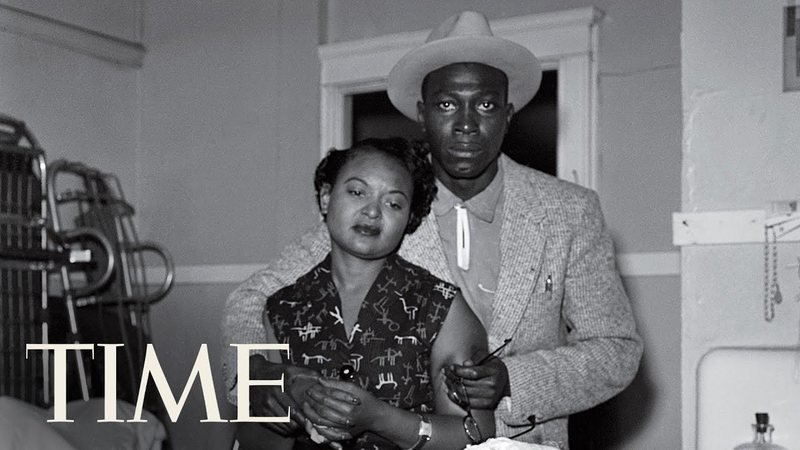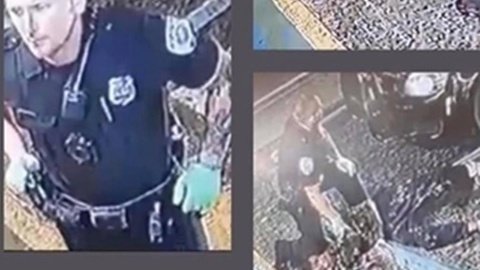“Your coalition is really a symbol of the best of America,” said Jeffrey D. Zients, White House COVID-19 response coordinator, referring to Faiths4Vaccines, a multi-faith movement comprised of local and national religious leaders, as well as medical professionals, who are working together to identify and resolve current gaps in vaccine mobilization, outreach, and uptake. “It’s also helping to restore the soul of our nation.” Half of all adults in the USA are now fully vaccinated, in part thanks to leadership and hard work shown by faith communities on the ground, said Zients. “We’ve made tremendous progress in protecting the most vulnerable group of seniors,” he said. People 65 and older accounted for 80 percent of COVID-19-related deaths in the United States. “Your hard work on the ground to vaccinate your communities has helped curb the spread of the virus, has saved tens of thousands of lives, and has allowed millions of Americans to return to a closer-to-normal life,” he said. But millions of people in the nation still need protection against COVID-19. “We need to reach deeper into our communities and double down on meeting people where they are to make sure everyone has an easy and convenient way to get vaccinated, and to make sure everyone has the facts they need to answer their questions,” he said. “Who do they turn to?” They turn to people in their communities, he answered, especially their faith communities. “As I know, you’ve all been pushing hard but I’m asking you to push even further during these final months,” he said. “We need to continue to spread the word, and the quicker we get more and more people vaccinated, the quicker we’ll be able to get back to doing the things we want to do.” The U.S. is entering a new phase of vaccine rollout, Zients and others noted, one in which vaccine hesitancy and lack of access are slowing down vaccine distribution. Equity at the core Jim Winkler, president and general secretary of the National Council of Churches (USA), said that churches have already played an important role in vaccine rollout—and that they’re capable of doing even more. “Across the country, hundreds of houses of worship are already being utilized as vaccination sites,” he said. Jim Wallis, founder of Sojourners, said that vaccine distribution in the U.S. has become a local effort with equity at its core. “People have fears about safety,” he said. “How can we help people know they will be safe and secure and not to fear these vaccinations?” U.S. surgeon general Vivek Murthy suggested that religious leaders truly listen and try to understand people’s concerns. “I’m just so grateful that we have you here and that we have you as partners in our broader efforts to help protect these communities,” said Murthy. “We know that there’s a lot of misinformation out there as well.” Decades of research have gone into the platforms on which the COVID-19 vaccines were developed, Murthy pointed out. “This didn’t happen overnight,” he said. "There’s a risk also of not getting vaccinated.” While it can be easy to focus on numbers of cases, numbers of vaccines, and hospitalizations, it’s easy to lose sight of something that’s even bigger, Murthy said. “Are we a country where everyone is looking our for themselves, or are we one nation?” he asked. “There’s a growing body of research that tells us that these human connections that we enjoy and cherish are good for our physical and mental well-being.” Clergy have an extremely important role in helping people build lives more centered on the people they love. “Ultimately, how do we lead lives that are guided by love and not fear?” he asked. Finding truth through science and religion Scientists and religious leaders agreed on the vital importance of working together. Dr Francis Collins, director of the National Institutes of Health, said he sees science and faith as different—but not incompatible—ways of finding the truth. “We now have something—vaccines—that I would very literally call an answer to prayer,” he said. “I was praying about this back in August and September when the trials were getting underway.” Collins expressed concern that there is a lot of misinformation about possible side effects—and there are many ways in which clergy can provide reassurance, he said. “People look up to you,” he said. “They see you as figures of trust. They know when you come forward with something, you are dong in their best interest.” Dr Marcella Nunez-Smith. chair of the COVID-19 Health Equity Task Force, said there is no way through COVID-19 but to form partnerships. “We see so many of the communities that have been hardest hit by COVID-19 now being intentionally targeted with bad information at this point,” she said. “This is such an important moment.” Young people within churches are especially important in communicating clear information to their peers, family members and the world, noted Joshua DuBois, CEO of Values Partnerships, the largest Black-owned social impact agency in the United States. “Young people are healthcare workers. They are innovators. They are communicators, online and offline.” Asia Nicholson, a youth leader at First Baptist Church of Glenarden, Maryland, relayed her story of how she had vaccine hesitancy, in part because the U.S. has a history of experimenting on Black people. “I started praying about it,” she said. “Then one day I got a confirmation email and my mom had signed us all up.” She began telling her friends she was getting the vaccine. “One thing that I did, once I started telling my friends that I was getting the vaccine, was genuinely listening to them about why they were hesitating to get the vaccine in the first place,” she said. “If people are genuinely afraid of this vaccine, I’m not about to bully them into getting it—because I”m not about to be bullied into getting it.” National Council of the Churches of Christ in the USA COVID-19 resources | 








